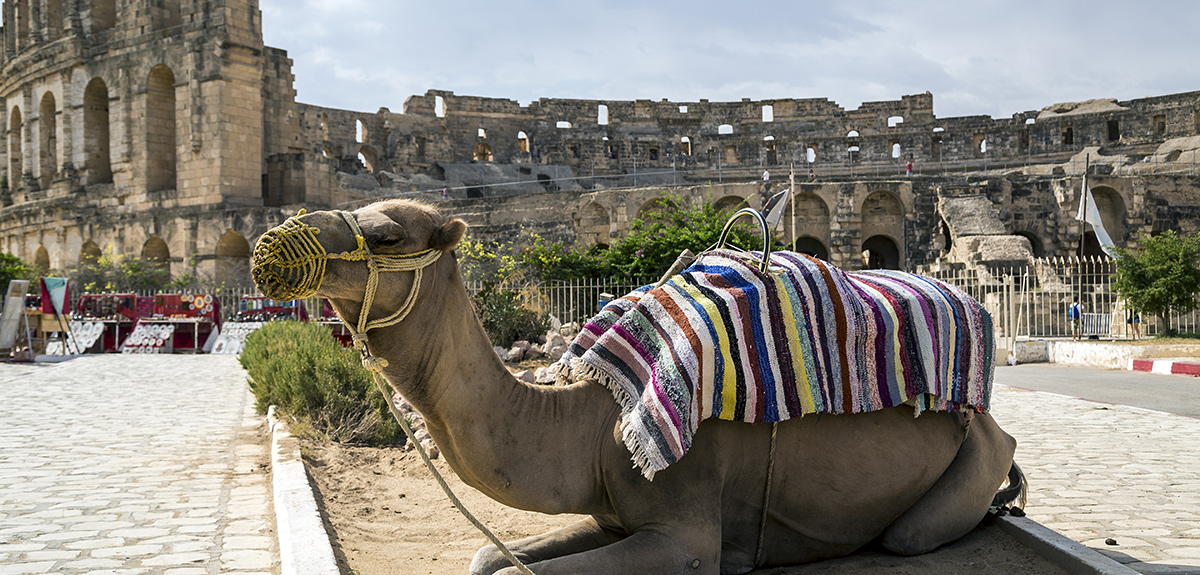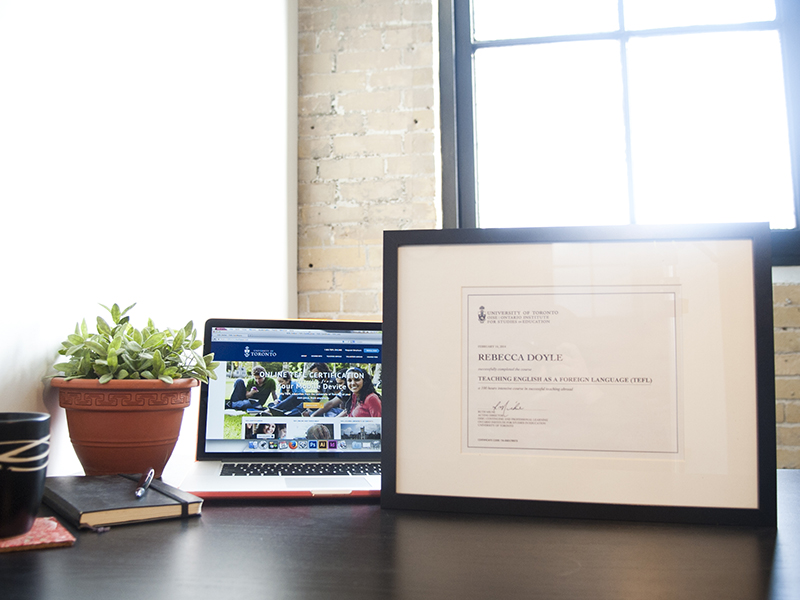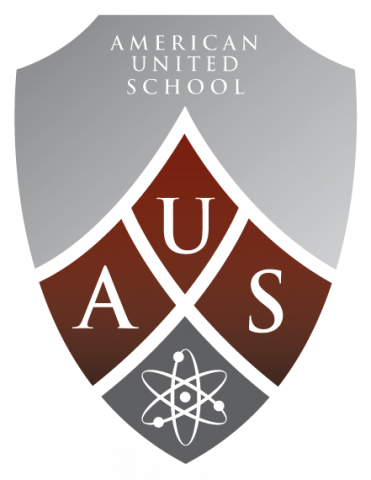Teaching in Tunisia
Options for teaching in Tunisia
Teaching in Tunisia is possible in both international schools and language centers. Qualified, experienced teachers can apply to teach in British or American international schools, which require candidates to have a teaching credential and usually a minimum of 2 years of experience.
For individuals looking to teach English in Tunisia, there are many teaching opportunities in language centers throughout the country, although the city of Tunis has the highest concentration of these centers.

Salary and benefits when teaching in Tunisia
Teachers in international schools can often expect a salary of around the equivalent of $2,000 – $2,500 USD per month, tax-free. In addition, schools provide generous benefits packages that usually include accommodation, round-trip flights, and medical insurance.
Language schools do not typically offer the same benefits, but still provide a tax-free salary that allows teachers to live comfortably.
Teach in Tunisia – Hiring
Most hiring for teaching jobs in Tunisia takes place from March-July for positions beginning in September. Schools often conduct the second round of mid-year hiring in order to bring teachers over in January as well.

What you need to teach in Tunisia
Qualifications to teach in Tunisia
In order to teach in Tunisia’s private international schools, teachers will need a credential from their home state or country. Previous experience teaching the school’s curriculum – usually British, American, or IB curriculum – is also required. Candidates with a Master’s degree are usually given preference.
Teaching English in Tunisia usually requires a TEFL certificate, as well as 1-2 years of previous experience teaching ESL abroad.
Visas for teachers in Tunisia
Teachers will need to apply for a work visa with the help of their schools. Although school officials can provide assistance, ultimately it is the teacher’s responsibility to ensure that all documents are submitted and complete.

Living in Tunisia
Housing in Tunisia
Most international schools will provide partially-furnished private accommodation for teachers. English teaching jobs in Tunisia usually require teachers to secure their own accommodation, although the school will often provide help in locating an apartment. Many teachers find that living with a roommate brings down the cost of housing, although costs are not high to begin with. Even in Tunis, residents can usually find an apartment for less than $300 USD per month.
Things to do in Tunisia
Experiencing the culture of this beautiful Mediterranean country means taking time to explore its small streets, enjoy a cup of jasmine tea and a pastry, and wander through souk (market). Shopping in this historic trade region is a sensory experience – from the spices and perfumes to the colorful tiles, to the luxurious rugs and textiles. Chat with vendors and savor the lively, friendly atmosphere.
History buffs will love visiting the ruins at Carthage, while those hoping to spend a weekend relaxing can do so on the lovely Mediterranean coastline. Tunisians are friendly and outgoing, especially when visitors try their hand at conversing in Arabic. The city of Tunis has been establishing itself as a chic cultural center, although it retains the laid-back attitude that is characteristic of Tunisia.

TEFL Certification for Private School Teachers
Many private schools in Tunisia require applicants to possess a TEFL certificate. The University of Toronto’s TEFL Online Certificate can help you become a leading candidate for some of the top Tunisian private school positions.

Teach in Tunisia
Register for a teacher account to apply for teaching jobs in Tunisia.
Tunisia at a glance
Country information
Capital: Tunis
Language: Arabic
Population: 11 million
Currency: Tunisian dinar (TND)
Government: Unitary semi-presidential republic
Quick facts
Tunisia has only had two presidents since becoming independent in 1956.
Parts of George Lucas’ Star Wars were filmed in Tunisia.
Tunisia has thousands of kilometers of Mediterranean coastline.
The country is known for its ancient Roman archeological sites.
Tunisia’s population is mainly made up of Arab - Berber people, with other minorities including people from France and Italy.
Agriculture is a huge part of Tunisia’s economy, with the country’s main exports being olives, tomatoes, citrus fruit, dates, almonds and grains, among many others.
The Tunisian city of Kairouan is the fourth most important city in the Muslim religion after Mecca.



















